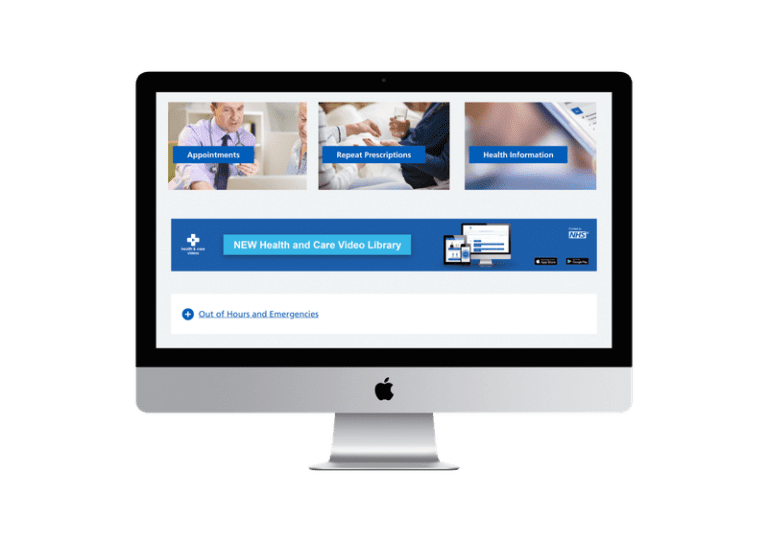5 Reasons Your Practice Cannot Afford to Ignore Website Accessibility
Accessibility is an incredibly important element of your website, especially as a medical practice. Not only do you want to ensure that your website is compliant with government regulations providing equal accessibility to all individuals, you do not want to limit your patients. Consider these reasons why it’s important to make your website more accessible.
1. Web Content Accessibility Guidelines provide an effective template for making your content available to as many users as possible.
You don’t have an excuse for failing to meet compliance guidelines. Web Content Accessibility Guidelines provide a clear template that makes it easy to understand what you need to do in order to make it easier for your users to access your website, including:
- Making all commands available from a keyboard
- Offering alternatives to text
- Offering captions for multimedia
- Giving users time to respond appropriately to the content you’ve provided
- Avoiding content that could cause seizures and other problems for users
- Making your website compatible with the assistive devices used by users with disabilities
Thanks to the ready availability of this information, your web developer can put together a website that offers accessibility to your patients–which, in turn, makes those users more satisfied with the services they receive from your practice.
2. An accessible website makes information available to disabled individuals who need it.
If your website isn’t accessible, then people who suffer from disabilities–including both short-term disabilities and permanent disabilities–will not be able to use your website effectively. If, on the other hand, you make your website accessible to those individuals, they, too, can have access to the information they need. This can be anything from how to contact your practice to information about specific procedures – all information your patients need in order to manage their health effectively.
3. Accessibility can make a big difference in users’ opinions of your website.
Abled individuals who do not have close family members or loved ones who suffer from serious disabilities may never think twice about the importance of accessibility on a website. Patients and family members who do suffer from those disabilities, on the other hand, may quickly realise just how much of a difference that accessibility makes. That reaction can shape their opinion of your website and often have a substantial impact on users’ opinion of your website.
4. An accessible website can make interactions with disabled users easier.
Your website is an incredible tool that allows you to connect and interact with your patients in a unique format. If you have disabled patients, your website can make those interactions with them clearer and easier to handle. For example, online services can remove the need for deaf and hearing impaired individuals to manage phone calls to connect with your practice – and that simple step can make a big difference in patients’ experience with your office as a whole.
5. Accessibility practices can speed up your website and help with search ranking.
Not only does accessibility benefit your disabled paitents, it can help benefit all your users–and your medical practice. Making accessibility changes to your website can help speed up load times, which can prevent users from bouncing away from your site before they have a chance to even see your content. Google and other search engines also prioritise many of the options that make your website more accessible, which means that as you make your website more accessible to disabled users, you also increase your search ranking.
Accessibility matters. As a medical practice, you would not limit physical accessibility to potentially disabled patients – and you want to provide those same options to your disabled patients online. Need help making sure your website is accessible? Contact us today for a free audit of your website.



